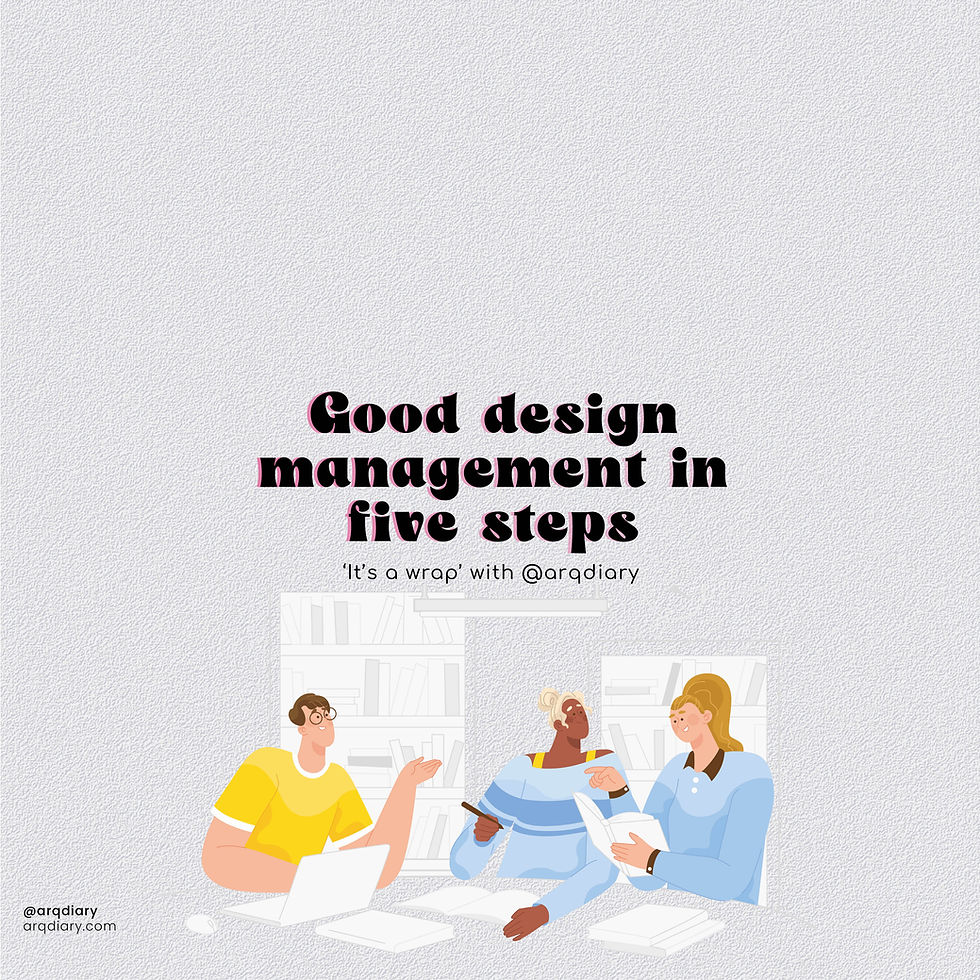How I Secured a Job After Uni
- arqdiary

- Feb 22, 2023
- 4 min read
Still at university and considering where you may want to apply to work when you finish?
Or have you qualified and are struggling to get noticed by a prospective employer?
Or are you planning on leaving your new role for greener pastures?
Whichever predicament you find yourself in, we have most certainly got you covered!
The tips below seek to explore key steps people tend to overlook during the application process, so if you are here to find common 'not-to'do's' found on a simple google search you are in the wrong place.
Did you know, it takes about 100-200+ applications to receive one job offer?
movementtowork.com
I know you are thinking that is a lot of applications - right?
Architecture is a competitive industry to get into professionally. There are many applicants but not so many jobs to go around, demand is always outweighing supply therefore you want to stand out and that is what this post will help you to achieve.
Now that we have brought our expectations back to reality let's nail down some techniques to getting this right
Don’t fall at the first hurdle
Most job ads these days are specific about what is required for the application, so please take your time to read through them. You may be lucky that all the jobs you are applying to have the same requirements but, that is rare and I did not find that was the case on my search. Failure to follow these requirements could show the employer you aren’t good at following instructions. That is not a good way to present yourself to a prospective employer... is it?
For Example;
Write an 100 word cover letter,
Provide 10 page portfolio,
Showcase a maximum of 3 projects
Send the items over by post

Be different
Bet this isn't the first time you have heard those two words. But it's simply true, you would need to bear in mind hundreds of other people could be applying for the same role. It is not advised to use generic google templates for cover letters and cv’s.
The reason is that this approach, won’t set you apart from the other applicants because they are most likely doing the same. Imagine being an employer and receiving identical application styles, believe me, you won't be amused and will pick the applicant that has an alternative approach.
By all means, refer to the templates for inspiration and/or as a guide but not to completely be relied upon for duplication and tailoring.

Tap into your support systems
They are there for a reason!
Ask your parent, friends or lecturer what they think about your cv and/or portfolio, and give them a heads up before sending it just to give them time to go through and review your wording and arrangement of things.
Sometimes when you have spent a certain amount of time on something you can become closed-minded and struggle to analyse and assess things from an external and/or detached perspective. Hence why it is recommended to give it to someone else to review and give their perspective. I'd suggest the harsher the critic the better, they will really make you think way-way out of the box.
You’ll be surprised at what a non-architectural brain has to say.

Make them feel special
Seek to tailor the application for the employer you are applying to. This is one of the most important steps of the process if not the most important.
The reason is, as much as needing a job - this process allows you to really think and assess what is it about this employer that I am drawn to. It also allows the employer to identify what you see in them that draws you to them. It is almost a two-way identification process of getting to know each other on paper prior to potentially meeting at an interview.
Ways to achieve this would be to study their website, and the make-up of their team - is it diverse enough? Study the theme of projects they work on and their approach to climate change or other themes that inspire you as an individual. Understanding their ethos - does it align with yours? Have you established an ethos at all?
These approaches will influence you to paint to them in a few words why you are the right candidate for them and why they are the right candidate for you.
I know it sounds long especially when you have 20 applications to send on one day, but tailoring the cover letter/portfolio to the employer will go a long way. It will show that you have taken the time to really learn about them and show how you can be a great fit

If you have no experience
This is probably one of the rare occasions quantity is almost as important as quality. Aim to get as many applications out, the volume of applications is key to increasing the probability of securing an interview. A higher yield of interview opportunities will then increase the probability of securing a role.

If you have experience
You are on the employment ladder. therefore you may want to target your preferred places before your less preferred places. Draw up a list of primary to secondary employers, this will organise and influence where you are placing your job app energy and effort.
The reasoning behind this is to potentially avoid you from accepting an offer from a secondary choice and turning it down to accept one from your primary choice - which is a sticky situation to find yourself in.





Comments